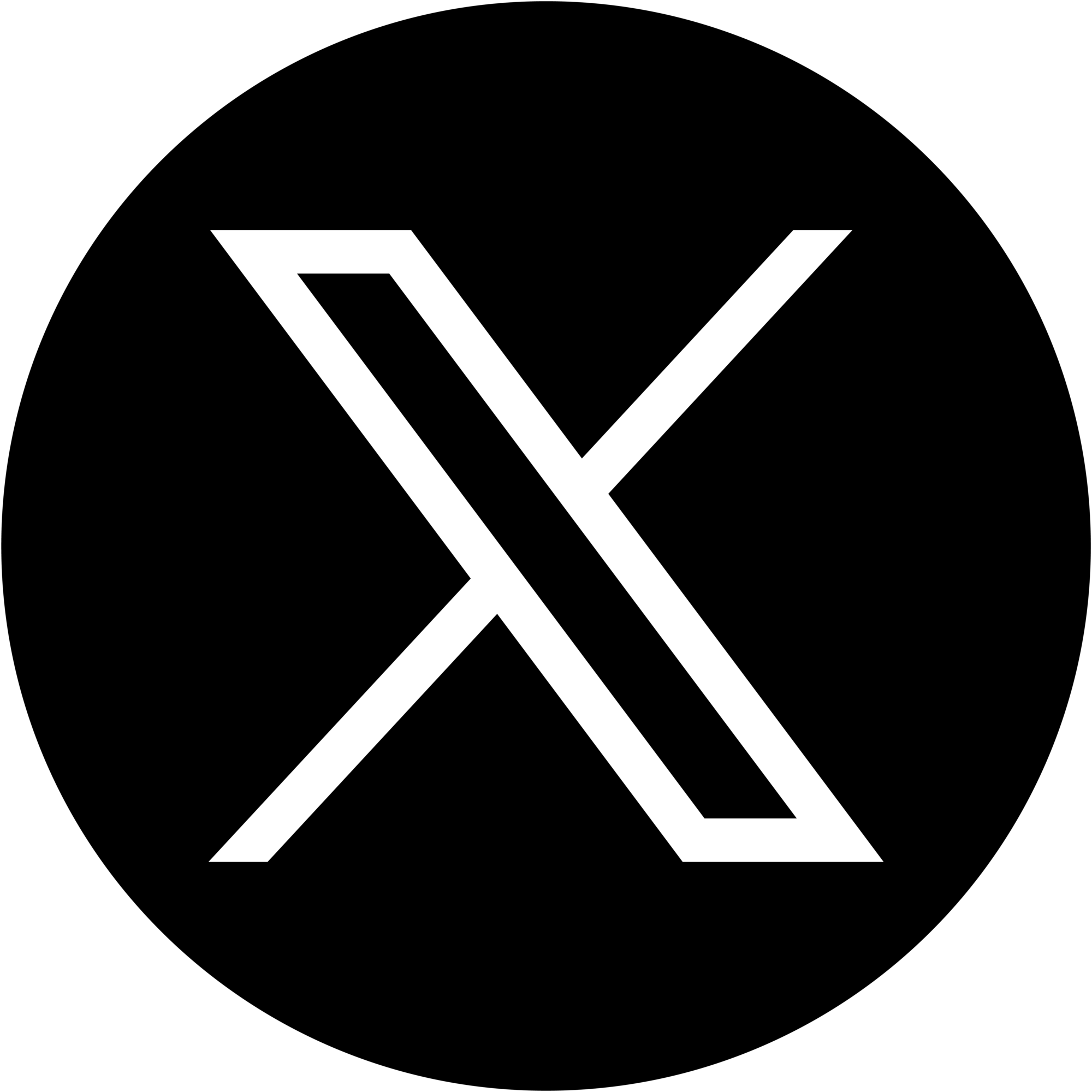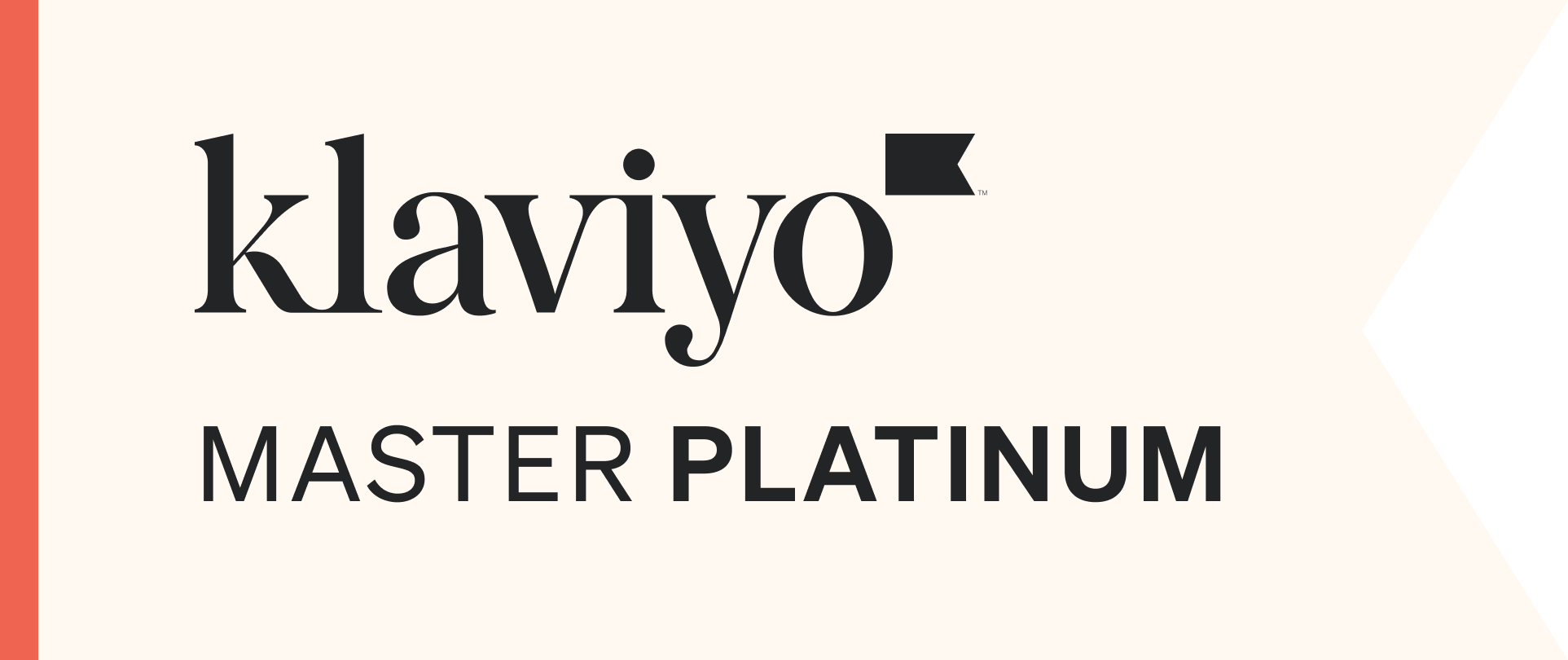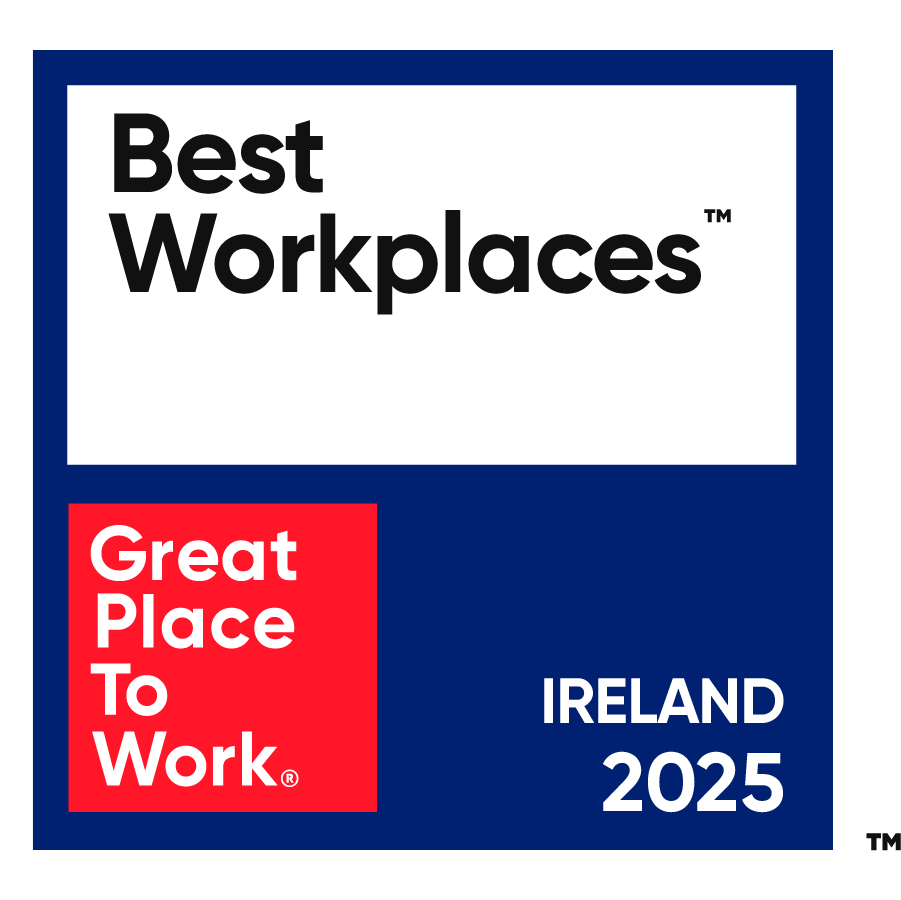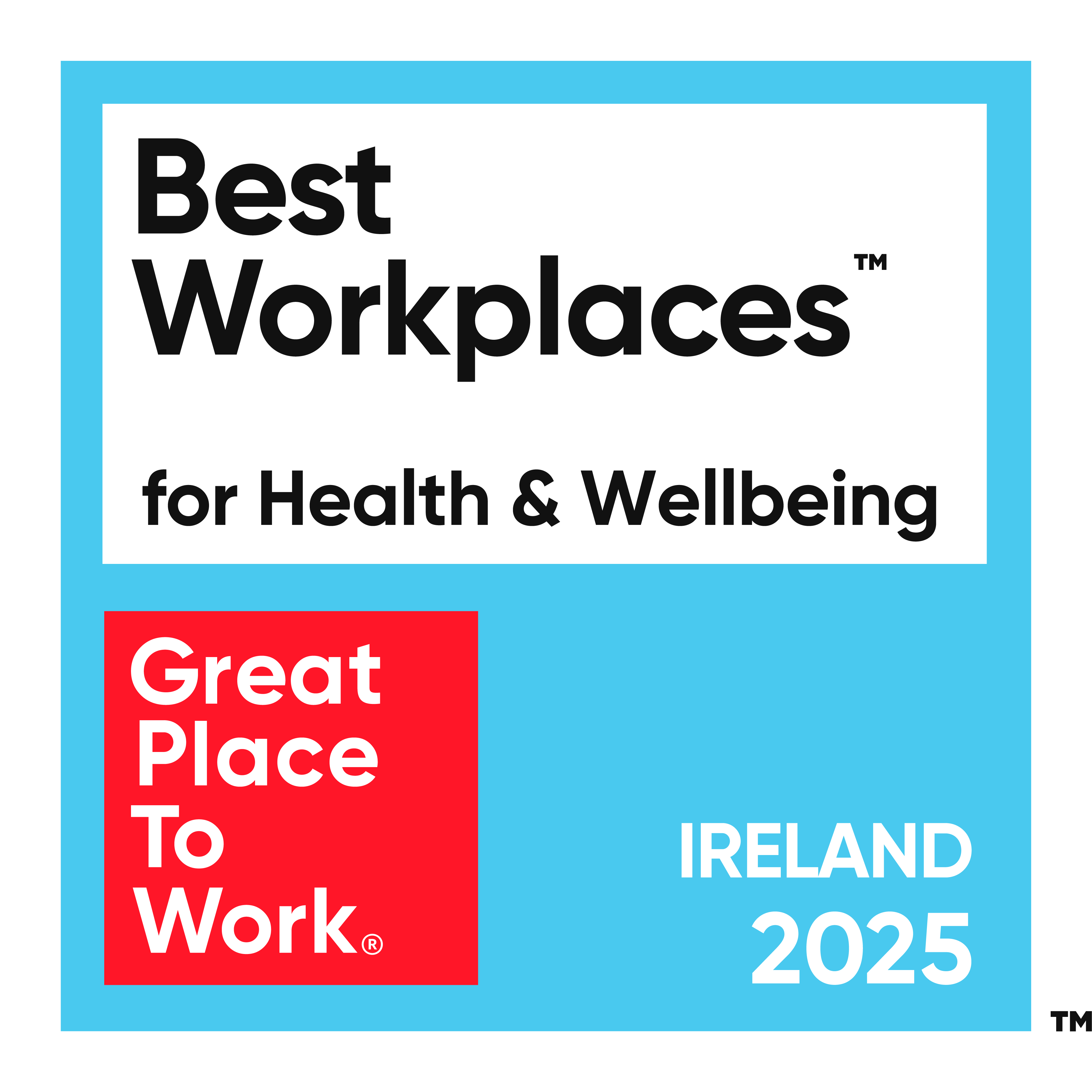By Alan Coleman on 7 Feb 2018
You might have caught Al speaking on Today FM's Sunday Business Show recently where he touched upon what Facebook's new algorithm means for brands. This is a fascinating topic that's generated quite a bit of interest from companies around the world so Al got together with Roisin, Wolfgang's Head of Social to dive a little deeper into what your company needs to know about this algorithm change.
You can watch the full video below, or if you prefer, listen to it podcast-style through Soundcloud.
Wolfgang Bites: Watch Alan and Roisin Discuss Facebook's Algorithm Change
Wolfgang Bites: Listen to Alan and Roisin Discuss Facebook's Algorithm Change
Wolfgang Bites: Transcript
Alan: All right. Big news in the Facebook news feed. So Facebook's 2.1 billion users all over the world will have noticed in January a dramatic difference in their Facebook news feed. So this is a result of Mark Zuckerberg's New Year's resolution to fix Facebook, to make time on Facebook time well spent.
The reason these changes have come into effect is they're answering two criticisms that have been lobbed at Facebook in 2017. Criticism one is they're abetting the spread of misinformation, and criticism two is mental health, issues surrounding mental health for social media users.
This is brilliant for Facebook to be proactive on that. Essentially, what's happening is the news feed is becoming more social and less media. That means when you're flicking through it, you're going to see a lot more posts from your friends, from your family, and you're going to see a lot less posts from publishers and from brands.
On issue number one that Facebook's been facing, the spread of misinformation, this is very clearly Facebook deprioritizing news in the news feed. They keep saying, "We're not a media company. We're not a media company. We're not a media company."
You are, Facebook. We've all been looking at news in our news feed for quite some time, but this is a clear statement that they don't want the responsibilities of being a media company, so they're deprioritizing that.
The second part and this is really interesting, is the mental health part. Facebook studies, recent studies, have shown that people who interact with their friends and family more on Facebook report having a better ... an increase in their mood and, interestingly, will also post more, which is also an important metric for Facebook.
And then people who passively consume news content and all the of the junk that's been polluting our news feeds, their mood actually goes down. And importantly for Facebook, they post less. Two really important changes, so Roisin's now going to talk to you about if you're a brand, how do you win with the new Facebook news feed.
Roisin: Yeah, I think as personally, I'm actually really excited for this change. You mentioned the aimless scrolling. I think we've all been there, maybe hung over, just scrolling through Facebook like, "What is my life?" So personally, I'm excited about it, but if you're a brand or a business and you're wondering, "Okay," and you're kind of freaking out and thinking, "How is this going to affect me," first of all, I think there's no need to worry.
I think, yeah, change is scary. I understand that, but I think this is going to be a good change, but you're just going to have to probably think a little bit more about your social media strategy in general. So the first thing to keep in mind is that your organic reach is going decrease again.
But as you probably know if you've been pushing content out on Facebook for the last three or four years, your organic reach is minimal at the moment anyway. So it's probably going to dip again a little bit. But the next thing you really need to keep in mind is you want to be driving meaningful engagements on social, if engagement is your KPI, of course.
What they mean by meaningful engagements is they want people to be leaving ... to be having conversations, so not just leaving a comment. They want actually to leave a comment, a friend to comment, the brand may be to comment. They also want to encourage people to share a post with their friends.
It's a lot more natural, a lot more conversational. I know this might seem tricky, but I think a really good strategy to take would be to look back on the last year of your social posts, for example, on Facebook, identify what posts have the most comments and the most shares and then pinpoint what kind of content that was, and then try and replicate that with your news strategy.
That would be a really good approach to take. And just keep thinking it's all about meaningful engagements. Gone are the days of the engagement bait. Well, engagement bait is, you probably have seen this, like if there's a post up and it says, "Everyone beginning with the letter A is getting married this year," and you'll see loads of people tagging their friends whose name begins with the letter A, like Alan.
I actually have been one of those people that have been tagging people at that, but that's going to be gone and Facebook is going to really, really remove reach to those posts. You're just going to have to be more mindful of what you post.
There are also ways that Facebook is saying you can increase your reach, increase your engagements, and that's through using things like Facebook Live video. Facebook is obsessed with live video. So if you haven't gotten on that, definitely give it a go.
And they're also putting a lot of importance on Facebook groups. I've actually already seen this in my own news feed that I am seeing activity from the Facebook groups that I'm a member of taking up almost all of my news feed. And this has been happening the last few months. If you have a Facebook group for your brand or business, make sure you're keeping that active, and that's going to be really, really valuable to you.
Alan: Roisin, as you've said most of the stuff you've spoken, all of that is particularly relevant to people who are looking for organic reach from their Facebook. How is it different for people who've been advertising on Facebook? What do they need to change in their behaviour now?
Roisin: Hopefully, nothing. So Facebook has been really, really clever. I haven't actually mentioned much about advertising at all, how that's going to change. Facebook has invested so much into developing a really, really robust advertising platform that drives amazing results. So not much is going to change there.
If you're creating ads that are driving sales, traffic, revenue, you're still going to see the great results from those ads. We think that the cost might go up slightly. Mark Zuckerberg has said he projects that people are going to spend less time on Facebook, which means that there might be less ad space, which mean cost per clicks might go up slightly.
But again, we're not sure about this. We'll let you know if we notice any costs going up. So if you're driving business results with Facebook ads, you can continue to do so, and that's not going to change. However, a KPO for your ad is engagement, that's where the same rules I talked about before. You're going to need to be driving meaningful comments and meaningful shares and conversation within your ads, so it's important to keep that in mind as well.
And I guess another topic is how this is going to affect the other social media channels. You forget that Facebook isn't the only social network around, so what do you think?
Alan: Yeah, so there definitely could be winners and losers here. I think the big losers are media, publishers who've been getting a lot of free traffic from Facebook. That's gone. So the winners are, I think it's good for users. I'm a Facebook user. I deleted the app on New Year's Day because I was just fed up with the junk in my news feed, and I was a little bit disgusted with their attitude towards taking responsibility for being a media company. Since these changes, I'm back, and I didn't make the resolution or undo the resolution.
I'm just back, and I'm enjoying it again, so I think it's great for users. For advertisers, as Roisin said, it's possible costs will go up. I think it's good news for advertisers because the news feed is less cluttered, okay? So I think engagement rates will go up.
Facebook was, as Roisin said, very careful not to mention advertising when they spoke about this. They've privately communicated to the major advertisers saying, "Just keep going after those commercial interests. Just keep trying to drive conversion via Facebook. That's going to continue to work for you."
I think this is amazing for is Twitter. Facebook is essentially abandoning news. They're walking away from the news. So who's going to pick up the slack here, and Twitter is the original news social network. And Facebook has six times more users than Twitter does. So when all those extra users start looking for their news hit via social network, where are they going to go?
Roisin: Twitter. Yeah, so that was the quick summary of our thoughts on the Facebook news feed algorithm update. If you have any thoughts on it, we'd love to hear them in the comments below. And leave us some meaningful comments. Get our reach up, no. And if you've anything else, any other topics you'd like us to discuss around social media advertising, we'd be happy to do that. So again, leave your comment below, and we will have a chat. Thanks for watching. Bye.
Alan: Bye-bye. Cool.


.png)
.png)







_2025.png)

